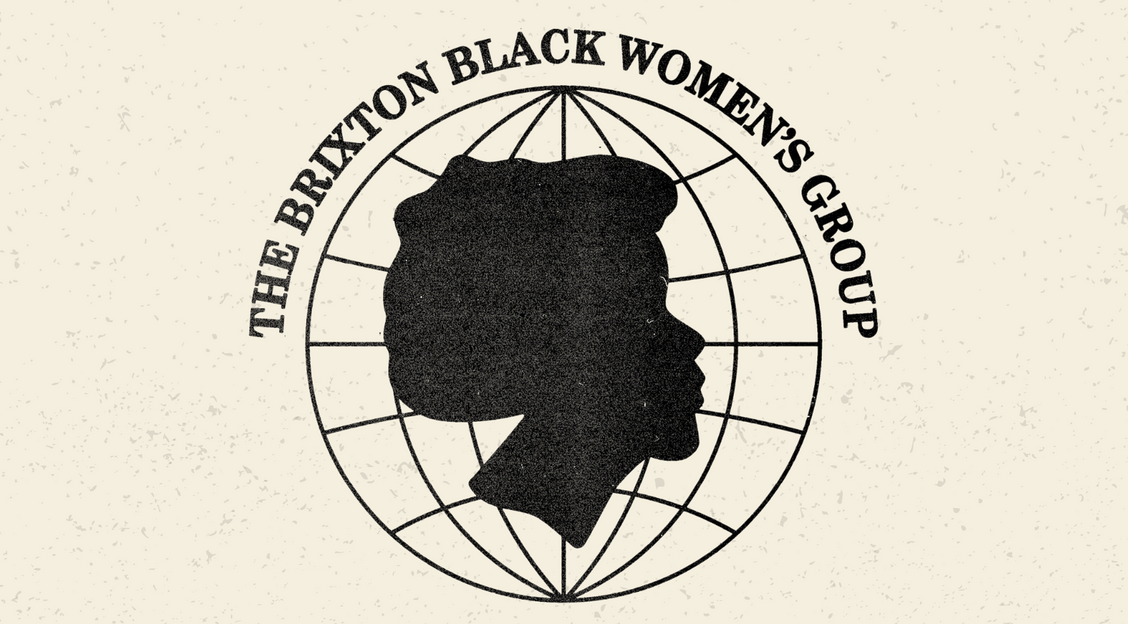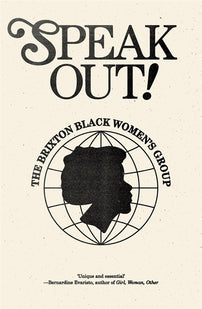Black British Feminist Resistance
Black feminist labour is stitched through the tapestry of Black radicalism, even as it falls out of the frame of representation.

The project of freedom is often imagined as a linear, forward march towards an undefined future. The official record of history indexes the radical potential for imagining what freedom might be by measuring society in silos of ‘progress’.
In this narrative, the importance of awarding the colonised and the nominally free with a seat at the table of power becomes a placeholder for liberation. The structures of power that distribute limited life choices, gratuitous violence, economic repression and exposure to premature death to the colonised and the nominally free remain intact. The vertical hierarchy of life continues; the future falls out of reach. Revolution is deferred once more.
The prevailing arrangement of social life has attempted to erode the critical labour of transforming our current conditions, eradicate our capacity for love and care, and foreclose the possibility of a world beyond the brutal entanglement of conquest and empire. Yet, even as the forces of anti-Black racism, free markets and state-engineered precarity have sought to wither away the belief that another set of arrangements is possible, ‘freedom’ is a word that continues to form the nucleus of the Black radical imagination.
The long history of Black resistance has been marked by the insurgent longings of those whose lives are rendered surplus and disposable under the regime of racial capitalism. ‘Freedom’ names that which remains out of reach even as we endeavour to create it in the here and now, and ‘freedom’ brings together a set of practices that allow us to imagine what might be. Living within the ‘interminable catastrophe’ that structures Black life, political education, mutual aid, general strikes and riot have provided tracts for survival, a discourse of dissent, a love language for a liveable future, and a rehearsal of a radically different world.
At the heart of the revolutionary ideals that emerged under the press of death on the plantation, in the colony and in the metropole is the sustained labour of Black women. In ‘The Belly of the World: A Note on Black Women’s Labors’, Saidiya Hartman notes that the ritual theft and regulation of Black women’s sexual and reproductive capacities ‘defined black women’s historical experiences as labourers and shaped the character of their refusal of and resistance to slavery’.
Describing the acts of subterfuge and autonomy that enslaved women engaged in – such as poisoning slaveholders, utilising abortifacients, giving birth, completing suicide, and dreaming of destroying the master and his house – Hartman draws an atlas of a world that continues to be shaped by the dispossession of Black women. Under a deathly calculus that renders our lives expendable, the collective refusal of Black women has been critical to both the formation and the survival of Black life throughout the diaspora.
In the mid-to late twentieth century, Black women in Britain drew upon the traditions of rebellion cultivated by the enslaved and the colonised to fight back against a ‘Mother Country’ that had only ever been hostile to their presence. Revolutionaries such as Claudia Jones, Althea Jones-Lecointe, Olive Morris, Liz Obi, Gerlin Bean and countless others whose names remain unrecorded were foundational in honing an analysis of the material conditions that made Black people vulnerable to both state and interpersonal violence. Understanding that to be Black in Britain was to be positioned outside the boundaries of the nation and that, in its corporeality, the state was antagonistic to Black life, Black women radicals endeavoured to find ways of being in the world that were not tethered to the ruse of citizenship, the fallacies of the nation-state or the horizon of empire.
As the chant for Black liberation reverberated across the globe, the labour of Black women activists was integral to the burgeoning Black Power movement in Britain. Inside groups such as the Black Panthers, the Black Liberation Front and the Black Unity and Freedom Party, Black women taught at supplementary schools, staged campaigns against police brutality, fought racism within the education system and struggled against the epidemic of substandard living conditions that defined Black life in the late twentieth century. They produced literature and distributed pamphlets that analysed the historical dimensions of their experiences as Black people living on the underside of the capital; they sustained their comrades, cooking and cleaning and typing long after the men had finished lamenting the super-exploitation of the Black worker, put their coats on and turned the lights off.
Black women’s labours, however, are often positioned as a footnote or entirely written out of grand narratives of Black struggle and feminist revolt. Recalling the liminal space in which Black women were placed in the Black Power movement during the early 1970s, Black feminist activist and author Melba Wilson recalls that ‘it was a struggle to get Black women’s voices to be heard in that context. A lot of the women who came from the Black Liberation movement were doing the “backroom jobs” – the typing, the cooking … they were on the pickets for sure, but they were expected to follow, not lead!’
Having been a member of the Black Unity and Freedom Party (BUFP), Gerlin Bean remembers the reproductive labour that sustained Black liberation organisations: ‘We were the women, we had the responsibilities, we were doing childcare, we were doing everything and we should be recognised and should have a voice in the organisations, not just be their secretaries … because that’s where we were relegated.’
Refusing to capitulate to a worldview that overwrote their lives, Black women activists insisted that their voices be heard. Within what had by then become the Black Workers’ Movement of the early 1970s, they set up a women’s caucus and sought to attend to the nature of Black women’s subjection throughout the world. Reflecting on her participation in an early reading group, Marlene Bogle details the circumstances that shaped Black women’s practices of convening: ‘[The] lack of resources in the Black community made it necessary for us to meet in each other’s homes,’ she recalls, ‘as we had no other suitable place to do so.’
A space for political education, the women’s caucus afforded Black women the breathing room to think with each other, learn with each other and challenge each other outside of the rigid, patriarchal hierarchies that had come to define what had by then become the movement. More than fifty years later, these radical practices of intimacy, comradeship and care continue to defy dominant metrics of visibility precisely because of their incisive critiques of power. Black feminist labour, then, is stitched through the tapestry of Black radicalism even as it falls out of the frame of representation.
— An edited excerpt from Speak Out!: The Brixton Black Women's Group by Brixton Black Women's Group, Introduction by Jade Bentil, Edited by Milo Miller
[book-strip]

